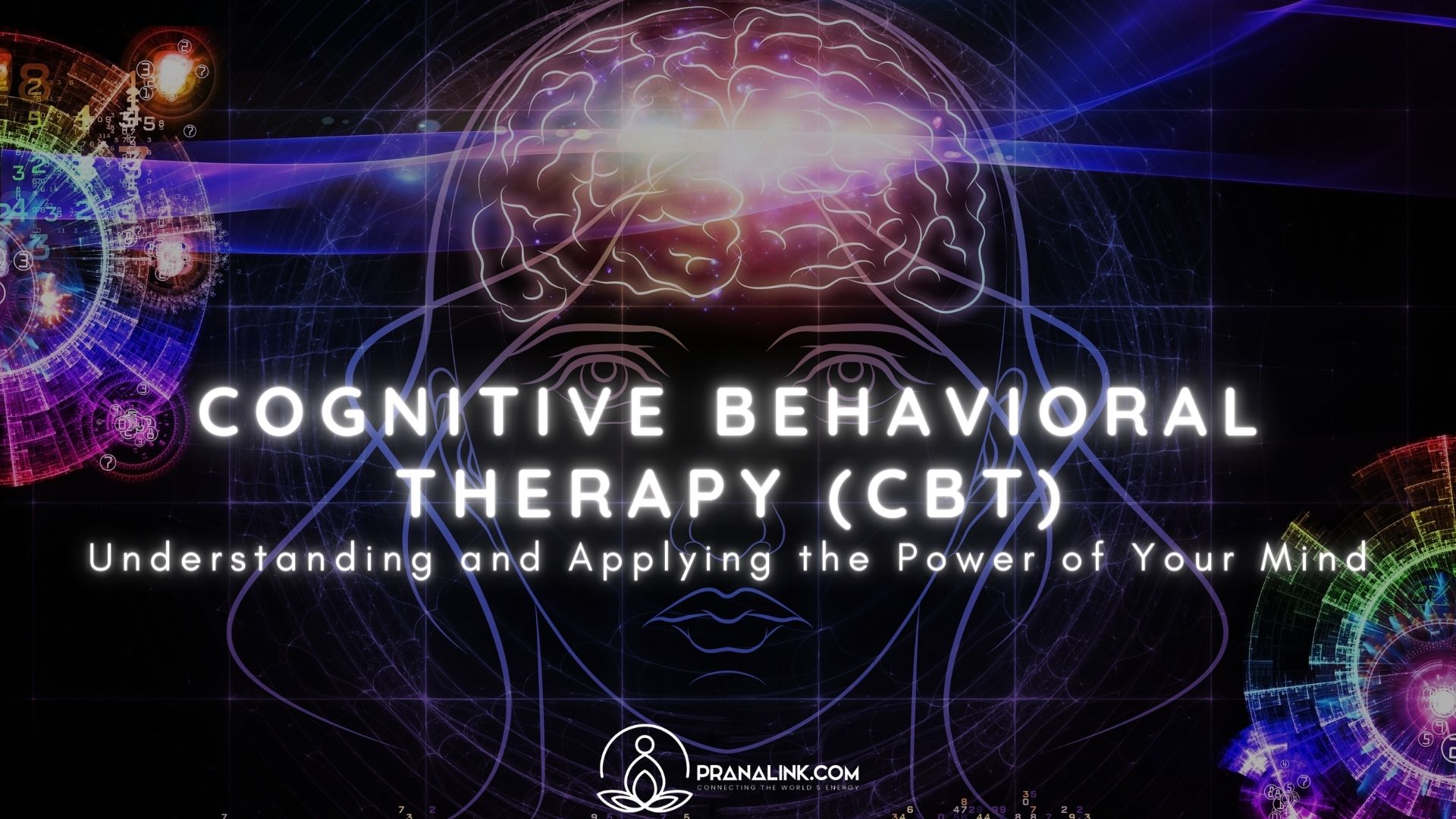Cognitive Behavioral Therapy (CBT): Unwinding for Better Mental Health in 2023 Leave a comment
Talk therapy (psychotherapy) often used nowadays is cognitive behavioral therapy (CBT). You engage in scheduled therapy sessions with a mental health professional (psychotherapist or therapist). To perceive difficult events more clearly and respond to them more effectively, CBT teaches you to become aware of false or negative thinking.
Cognitive Behavioral Therapy (CBT)
Cognitive Behavioral Therapy (CBT) is an evidence-based psychotherapeutic approach that focuses on understanding the connections between our thoughts, emotions, and behaviors. By recognizing and challenging negative thought patterns, individuals can develop healthier coping mechanisms and achieve positive behavioral changes. Cognitive Behavioral Therapy has gained immense popularity due to its effectiveness in treating various mental health issues, such as anxiety disorders, depression, phobias, and more.
The Founding Principles of Cognitive Behavioral Therapy [CBT]
Understanding the fundamental principles that underpin Cognitive Behavioral Therapy will provide you with a solid foundation for grasping the power of CBT in transforming lives.
- Thoughts, Emotions, and Behaviors: The CBT Triangle
At the core of CBT lies the concept of the CBT Triangle, which illustrates the interconnectedness of our thoughts, emotions, and behaviors. Our thoughts influence how we feel, which, in turn, affects how we behave. By altering our thoughts, we can create positive changes in our emotions and actions.
- Identifying Cognitive Distortions: Unraveling Thinking Errors
CBT helps individuals identify and challenge cognitive distortions, also known as thinking errors. By recognizing and addressing these distortions, we can achieve more rational and balanced thinking patterns.
- Automatic Negative Thoughts (ANTs): Disrupting the Downward Spiral
Automatic Negative Thoughts (ANTs) are intrusive and pessimistic thoughts that contribute to emotional distress. CBT equips individuals with strategies to disrupt the cycle of ANTs and replace them with constructive thoughts.
- Behavioral Activation: Taking Positive Steps Forward
Behavioral activation is a key component of CBT that encourages individuals to engage in positive and rewarding activities. By participating in meaningful actions, individuals can improve their mood and overall well-being.
- Exposure and Response Prevention: Confronting Fears
CBT incorporates exposure therapy, where individuals gradually confront their fears in a safe environment. By doing so, they can reduce anxiety and build resilience.
Applying Cognitive Behavioral Therapy Techniques in Daily Life
Now that we have grasped the fundamental principles of CBT, let’s explore how to apply these techniques in real-life situations to enhance mental and emotional well-being.
- Cognitive Restructuring: Reframing Negative Thoughts
Cognitive restructuring involves identifying negative thought patterns and challenging their validity. By replacing negative thoughts with more positive and realistic ones, individuals can create a healthier outlook on life.
- Mindfulness and Meditation: Embracing the Present Moment
Mindfulness and meditation practices are valuable tools in CBT. These techniques teach individuals to be fully present, observe their thoughts without judgment, and cultivate a sense of inner peace.
- Keeping a Thought Journal: Monitoring Your Mind
Keeping a thought journal can be instrumental in understanding thought patterns. By jotting down thoughts and emotions, individuals can identify triggers and work towards positive changes.
- Graded Exposure: Facing Fear Gradually
Graded exposure is a gradual approach to confronting fears and anxieties. By taking small steps towards facing fears, individuals can build confidence and reduce the impact of anxiety.
- Problem-Solving Skills: Navigating Life’s Challenges
CBT equips individuals with effective problem-solving skills. By analyzing challenges and exploring various solutions, individuals can make informed decisions and overcome obstacles.
- Relaxation Techniques: Unwinding for Better Mental Health
Learning relaxation techniques, such as deep breathing and progressive muscle relaxation, can help reduce stress and promote a calm state of mind.
FAQs about Cognitive Behavioral Therapy (CBT)
Q: What conditions can CBT effectively treat?
CBT has shown remarkable success in treating various conditions, including anxiety disorders, depression, post-traumatic stress disorder (PTSD), obsessive-compulsive disorder (OCD), and more.
Q: Is CBT suitable for children and adolescents?
Yes, CBT can be adapted to suit children and adolescents. It has been found to be effective in treating childhood anxiety, phobias, and behavior problems.
Q: How long does CBT treatment usually last?
The duration of CBT treatment can vary depending on the individual’s needs and the complexity of the issue being addressed. Typically, CBT can last for several weeks to several months.
Q: Can I practice CBT techniques on my own?
While CBT can be effectively practiced individually, it is advisable to seek guidance from a qualified therapist, especially for complex issues.
Q: Are there any potential side effects of CBT?
CBT is generally considered safe and has minimal side effects. However, some individuals may experience temporary discomfort as they confront challenging thoughts and emotions during therapy.
Q: Is CBT suitable for everyone?
CBT is a versatile approach, but its suitability may vary from person to person. It is essential to consult with a mental health professional to determine if CBT is the right fit for your needs.
Conclusion
In conclusion, Cognitive Behavioral Therapy (CBT) is a powerful tool that can positively impact your mental health and well-being. By understanding the connections between thoughts, emotions, and behaviors, and applying CBT techniques in daily life, you can experience transformative changes. Remember to seek guidance from a qualified therapist to get the most out of your CBT journey. Embrace the power of your mind and unlock the path to a happier and healthier life. On the other hand, not everyone who benefits from CBT has a mental health issue. Anyone may benefit from learning how to use CBT to more effectively handle challenging life circumstances.
Experience a transformative 10-Minute Guided Meditation video from our latest online workshop, ‘Shamanic Burnout Solution,’ led by Lisa Wilder on June 24, 2023. This video offers a rejuvenating practice to help you find inner peace and restore balance in your life.
Click here to read about How Emotional Freedom Technique [EFT] Helps With Burnout in 2023



